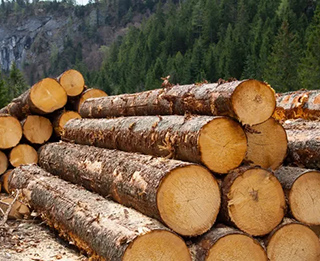
Chamber: The amendment of the Nature Conservation Act will have a negative impact on the construction industry
 |
The amendment to the law on the protection of nature and the landscape introduces, for example, changes in the protection of trees and species protection, which is newly conceived as habitat protection rather than individual species protection. According to the Chamber and the government, wood could play an important role in the future, especially in construction.
According to the Chamber, instead of simplifying construction processes, the government is introducing an amendment that will not only slow down construction but, in some cases, completely halt it. "The regulatory burden will increase enormously, not only for investors and entrepreneurs but also for municipalities and state administration. Operators of technical infrastructure will be forced to bear new financial costs, which will be passed on to consumers,” said Jan Mraček, chairman of the environmental section of the Chamber of Commerce. The Ministry of the Environment's response is being sought by ČTK.
In addition to slowing down construction, the amendment to the law will also complicate the permitting of tree felling, according to the Chamber. Ensuring species protection will impact the management and renewal of technical infrastructure, inevitably reflecting in energy prices, water supply, sewage, and other services.
"In practice, this will mean another bureaucratic loop, where investors and developers will have to repeatedly reassess the cost of trees, further slowing down construction processes. If the amendment passes in this form, it effectively means blocking many important projects," said Lenka Janáková, head of the legislative, legal, and analysis department of the Chamber of Commerce.
Wood could then play a significant role in addressing the housing crisis in the Czech Republic in the future. Representatives of the Chamber and the government, along with woodworkers and foresters, agreed on this at a seminar in the Chamber last week. To increase the use of wood in construction, the currently discussed proposal to amend the norm, which raises the height limit for wooden buildings from the current 12 meters of fire height to 18 meters for pure wooden buildings and 22.5 meters for buildings with combined structural systems, could contribute, according to Minister of Industry and Trade Lukáš Vlček (STAN).
"Wood has significant business potential that we are not fully exploiting. The Czech Republic produces approximately 15 million cubic meters of wood annually; however, a large portion goes abroad and returns to us in the form of finished products with added value. We want to ensure that the economic benefits and added value remain here in the Czech Republic and that wood finds wider application, for example, in construction," said Vlček.
The English translation is powered by AI tool. Switch to Czech to view the original text source.
0 comments
add comment








